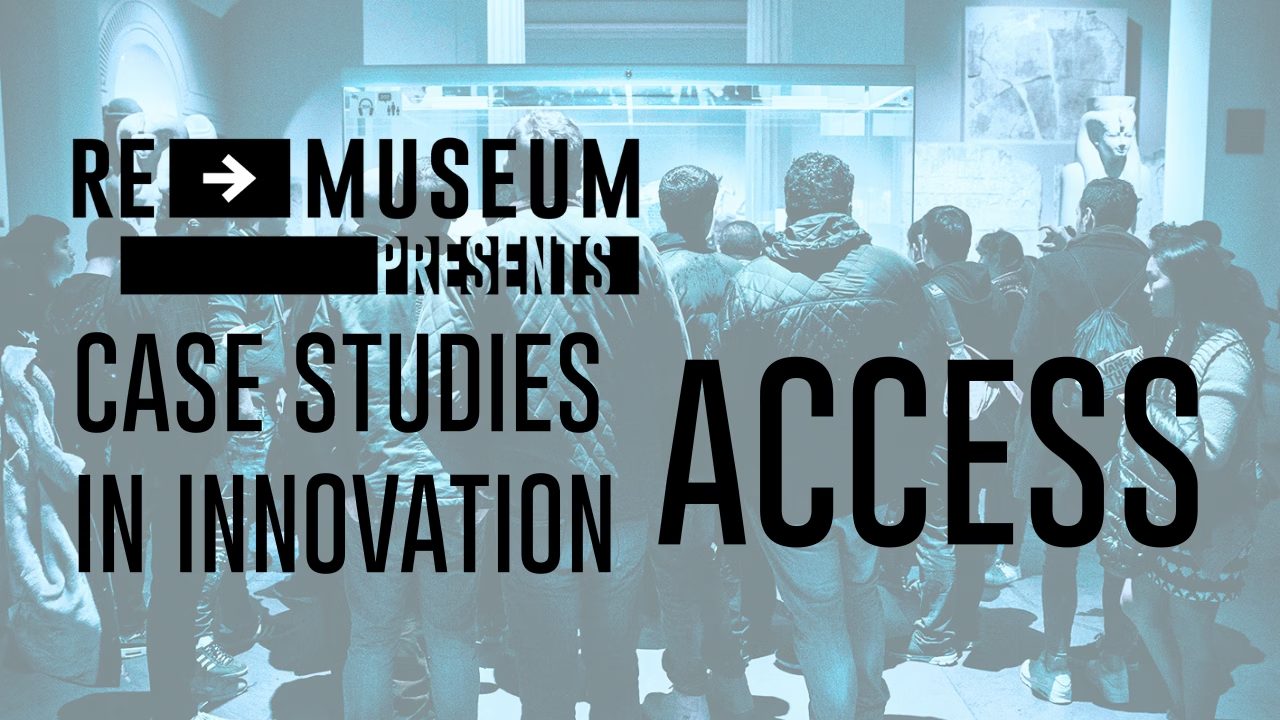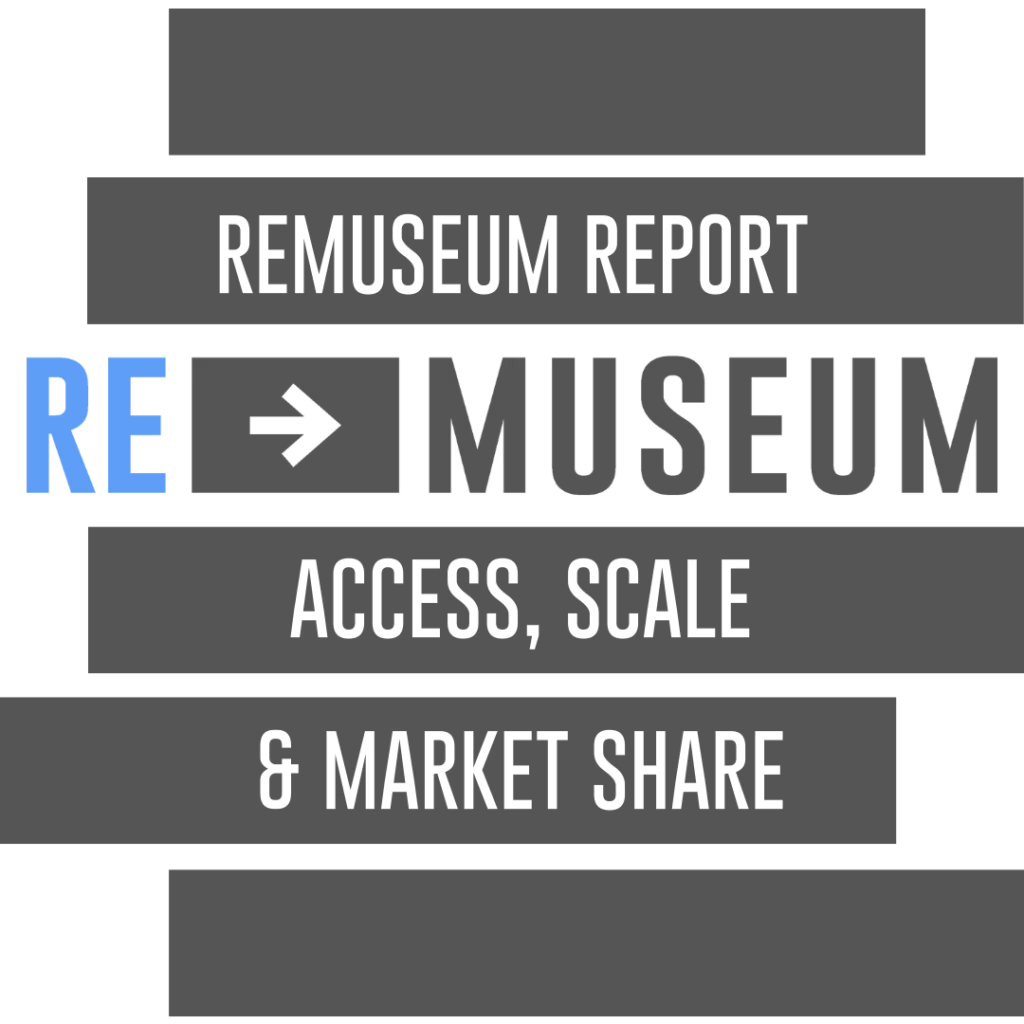
American art museums are driven by a passion to serve and engage the public with art, and for most of them that means increasing the number and range of visitors they attract. For a number of reasons, the drive to expand access and to attract broader audiences faces several obstacles, including a lack of both data and sustained examples of how best to do this work.
“Case Studies in Innovation” is a series of reports on the topics of Access, Audience Development, and Marketing – sharing best practices and examples of how museums could attract the largest audiences possible, and how to do so sustainably and true to their missions.
“Access”, the first report in this series, is available now.
What is Remuseum?
Remuseum is a museum think tank seeking to promote innovation among art museums across the United States. Remuseum does this work through research, convenings, and catalytic support for innovators among museum leaders (directors, educators, curators, and trustees). With a focus on relevance, governance, and financial sustainability, Remuseum supports new ways for museums to sustain and fulfill their missions, almost all of which are now centered on the public.
Inspired and funded by entrepreneur and arts patron David Booth (with additional support from the Ford Foundation and the Draper Richards Kaplan Foundation), and powered by the disruptive spirit of Crystal Bridges Museum of American Art (and the Art Bridges Foundation), Remuseum is led by entrepreneur and innovative museum director Stephen Reily.

